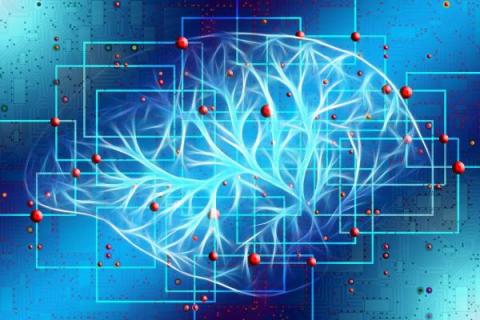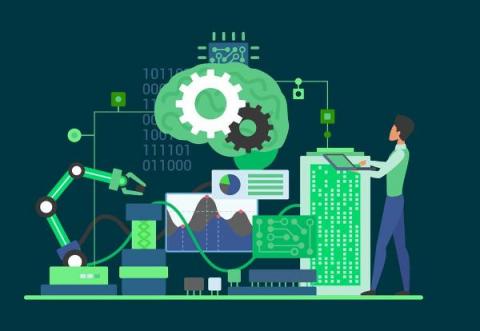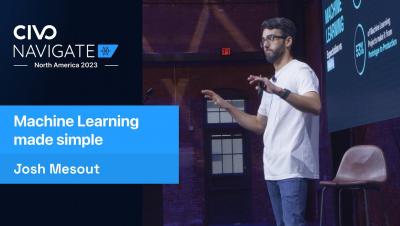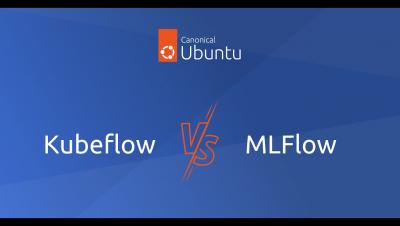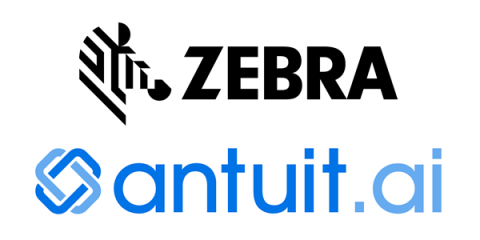Operations | Monitoring | ITSM | DevOps | Cloud
Machine Learning
Safeguarding Cryptocurrency Exchanges: The Power of Machine Learning Monitoring
Bitcoin and Coinbase have been in some hot water lately. How they handle cryptocurrency might not be legal or safe. The lack of regulations is causing concern from the government about potential criminal activity, fraud, and money laundering. The good news? Rules are being implemented for crypto exchanges to stop corrupt events from happening. Regulations like Know Your Customer (KYC) are an absolute must for exchanges to keep operating legally.
Solving the top 7 challenges of ML model development with CircleCI
Amid an AI boom and developing research, machine learning (ML) models such as OpenAI’s ChatGPT and Midjourney’s generative text-to-image model have radically shifted the natural language processing (NLP) and image processing landscape. Due to this new and powerful technology, developing and deploying ML models has quickly become the new frontier for software development.
Machine Learning Made Simple - Civo Navigate NA 2022
Kubeflow vs MLFlow: which one to choose?
Transforming Data Analysis: Exploring The Latest Advancements in Extraction Capabilities
Kubeflow vs MLFlow
Monitor machine learning models with Fiddler's offering in the Datadog Marketplace
With the growing utilization of AI, modern business applications rely more and more on machine learning (ML) models. But the complexity of these models poses significant challenges to data scientists, engineers, and MLOps teams seeking to maintain and optimize performance.


